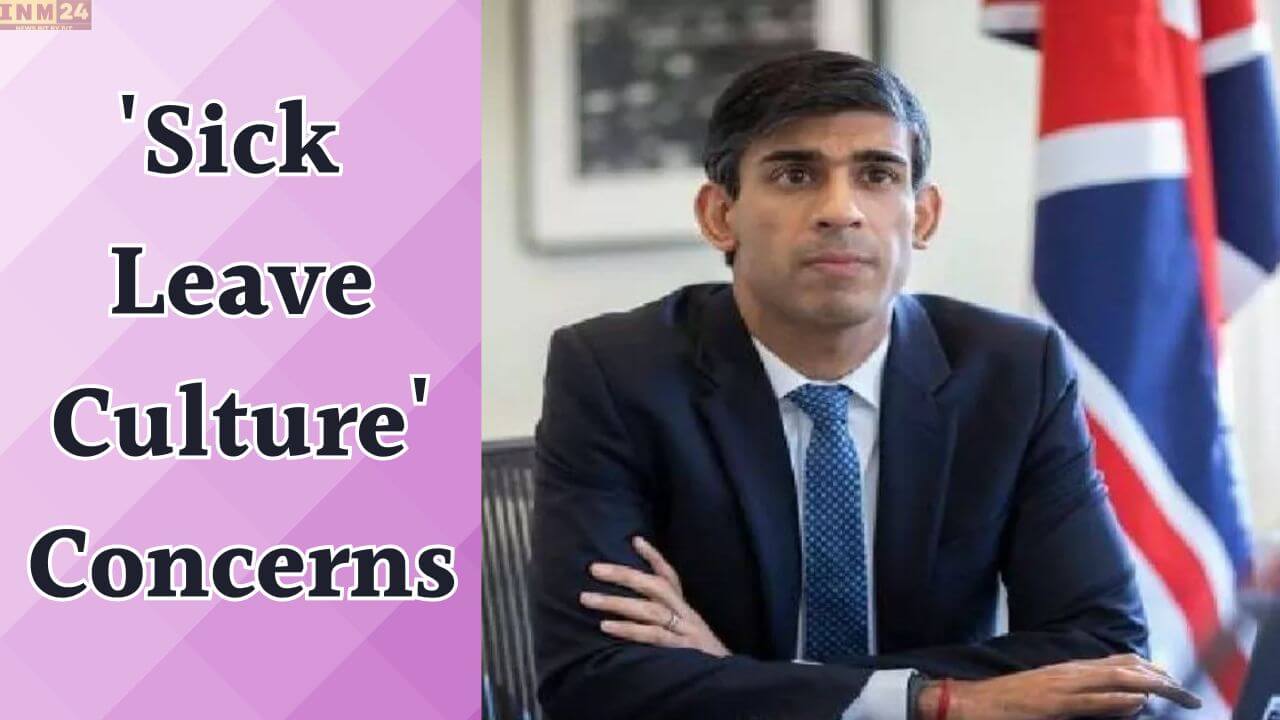British Prime Minister Rishi Sunak is considering tightening the rules for long-term medical leave to curb the increasing number of Britons leaving the workforce permanently. Concerns have arisen over the rising number of individuals not participating in the labor force due to mental health reasons.
Sunak expressed worry about the growing number of people not working due to mental health conditions in his speech on Friday. He emphasized the need for greater ambition in helping people return to work and being more honest about the everyday challenges and risks of over-medicalizing life.
The UK has seen a decrease in workforce participation among working-age individuals due to long-term illness
As well as a higher number of students. This trend is in contrast to other major developed countries, where there has been an increase in workforce participation since 2020.
According to official figures, approximately 22% of British citizens aged between 16 and 64 are neither working nor unemployed, which is more than 9.4 million people. Among them, 2.8 million are long-term sick, and 206,000 are temporarily ill.
Last year, Britain’s budget watchdog stated that nearly a quarter of people staying away from work due to long-term illness were awaiting medical treatment, although it was also mentioned that only 25,000 people could return to work by cutting the waiting list by 2015.More than half of those who have been sick for a long time reported suffering from depression, bad nerves, or anxiety, although many also said it was a secondary condition to their main health problem.
Sunak’s office said that rather than focusing on advising doctors on how to return individuals to work
They were interested in promoting the benefits of extended sickness leave by issuing repeated notes. Sunak stated that he wants to explore transferring assessment responsibilities from family doctors to healthcare professionals, who will provide objective assessments of someone’s ability to work and provide support needed to do so.
He said,
“We don’t just need to change the sick note; we need to change the sick note culture so it becomes about what you can do, not what you can’t.”
